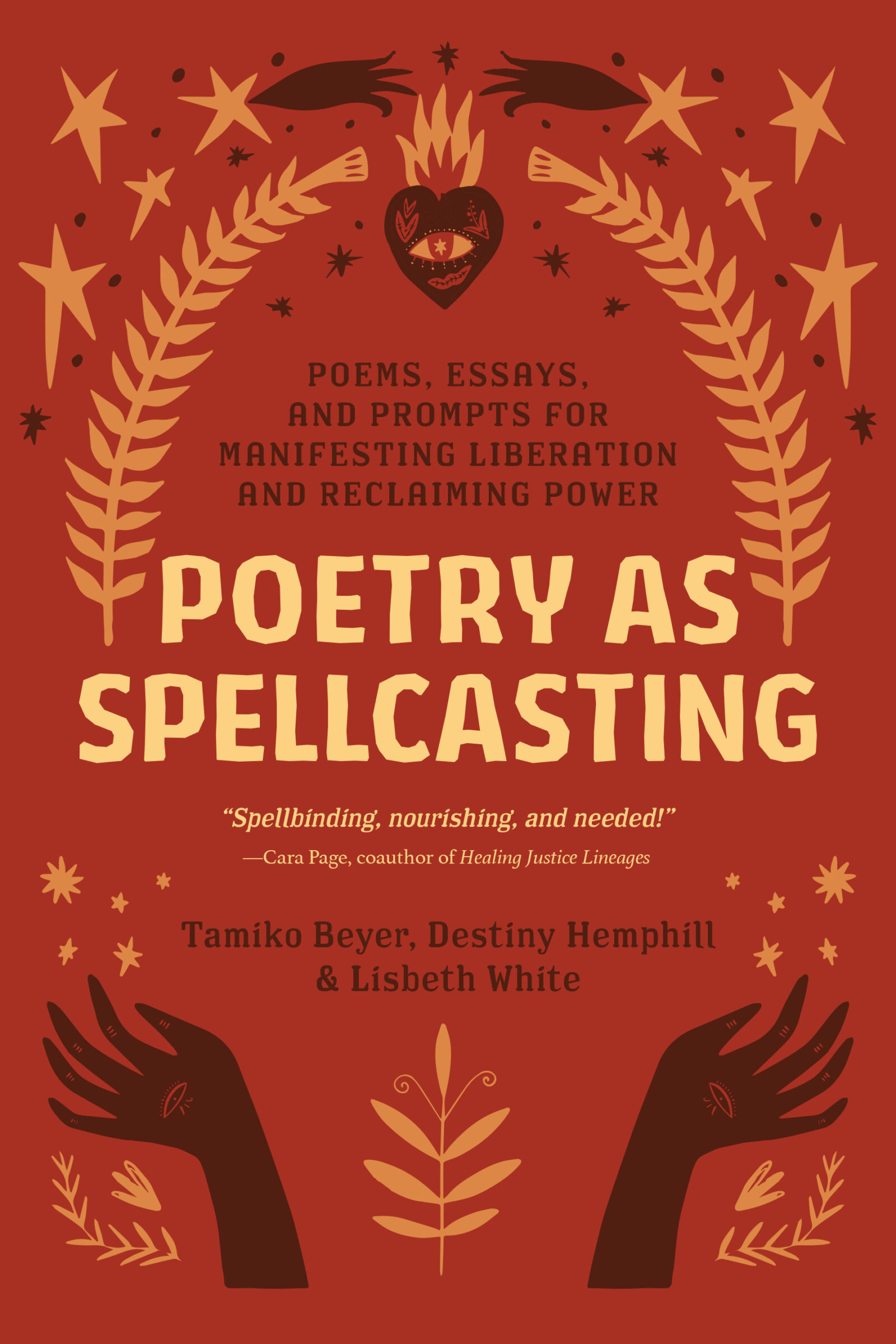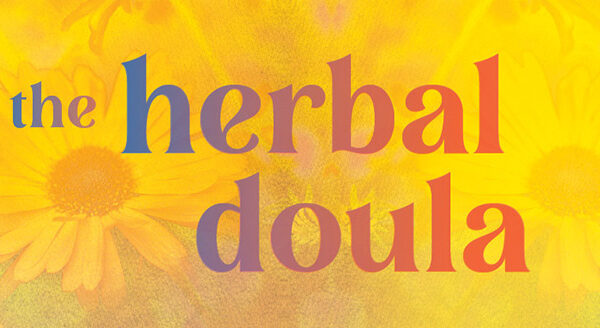
Letter from the Publisher: Poetry as Spellcasting
Categories: New Release Letter from the Publisher
I’m so grateful that poetry has finally escaped the Tower of Rhyme and Babble.
poetry has finally escaped the Tower of Rhyme and Babble.
After all, humans have written and drawn on poetry for years, both as a vehicle for expression and as a ceremonial tool. Poems have saved lives, healed hearts, built bridges, created mirth, and stitched together the pieces of countless rituals. Every community event needs a bard, and every human needs a small raft of words to survive a tempest.
Still, it strikes me that poetry has often been misperceived on these shores: as something that must rigidly follow a form; or as something that you must have a college degree to understand; or as something more intent on offering a sleight of hand than an open one.
Fortunately, the natural populism of poetry has popped this precious bubble, from the emergence of spoken word to rising-star Instagram poets to the increased understanding that almost every community gathering—from a wedding to a meeting—is in fact a ceremony, one that deserves and needs the grounding of a few words strung together in beauty.
It is in this context that I am overjoyed to announce our publication of the new book Poetry as Spellcasting: Poems, Essays, and Prompts for Manifesting Liberation and Reclaiming Poetry by Tamiko Beyer, Destiny Hemphill, and Lisbeth White. This is no straightforward writing manual or poetry collection; rather it is part recipe book, part incantation, part heartsong, part montage. The authors intersperse pieces from other writers as well and thus weave a powerful collective tapestry. At its heart the book is an exploration of how poetry can be used as a tool to summon latent truths and alchemize them in cauldrons of ceremony until they become forces that catalyze our own liberation.
In short, this is some witchy shit.
Which is what poetry really always has been and could always be: something seemingly regular that potentiates the irregular; a few words that anyone can say or write that can open up worlds not yet seen. Not that skill and care aren’t needed—in fact, in sloppy hands, poems can obscure and even harm. But with books like Poetry as Spellcasting, readers can learn or be reminded of the ways we can use words to coax blessings into beings. And how we can be each other’s witnesses in this sublime endeavor.
As Destiny Hemphill invites in the book,
verily, verily, when you get this rhythm, meet us at the crossroads. you’ll know
because you’ll hear
whistling from the mulberry trees. you’ll smell them, too. & we’ll be there
Here’s what happened to me after I read Poetry as Spellcasting: First, I took my poetry books off the shelves. Next, I sat on the floor with them in the wide expanse of a sunlit afternoon. Then I savored the lines I’d underlined and the pages I’d dog-eared. I even read a few poems aloud. I looked out the window. And then I wrote a few of my own. It was a solitary act, but I did not feel alone.
I imagine I will not be the only reader affected this way. As the editors write, “This book in itself is a spell, a sea-serpent, a seedling grown to a fruit-bearing tree.” May you relish the ripeness of all these bursting berries.
—Tim McKee, publisher of North Atlantic Books




